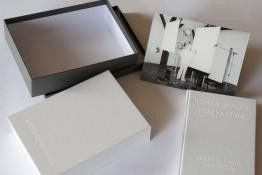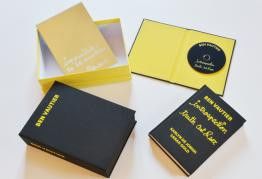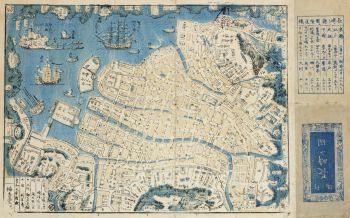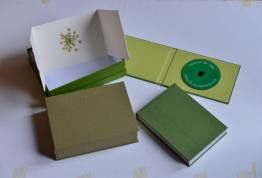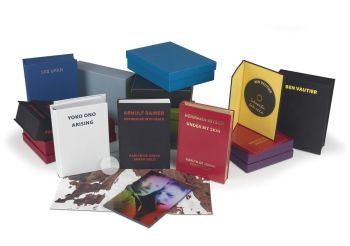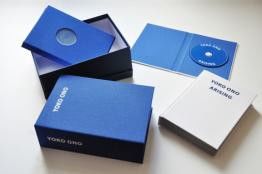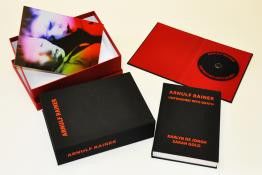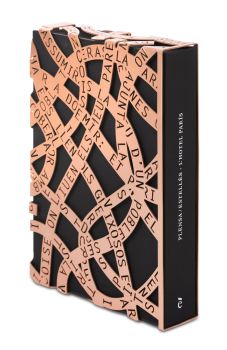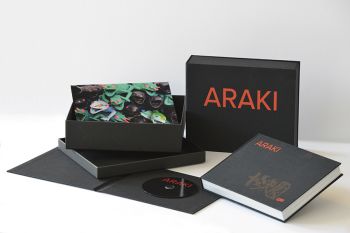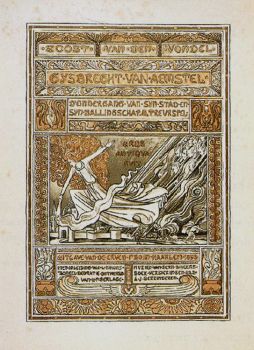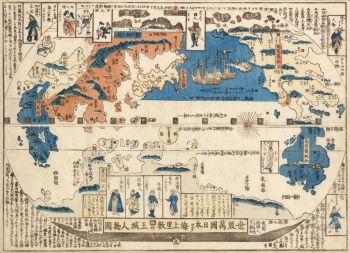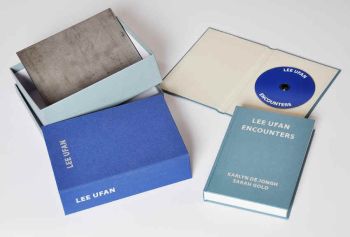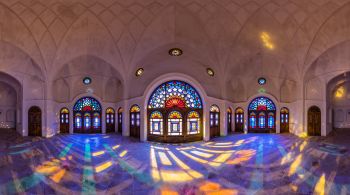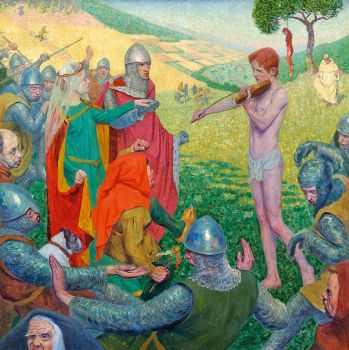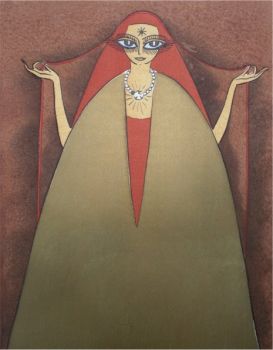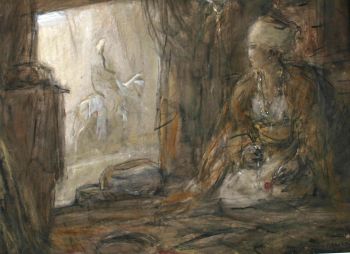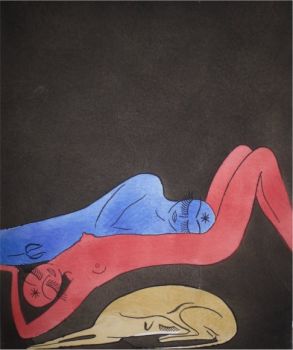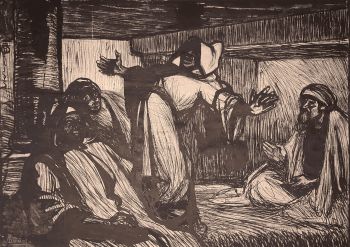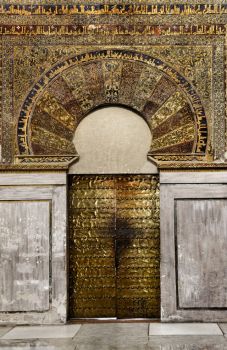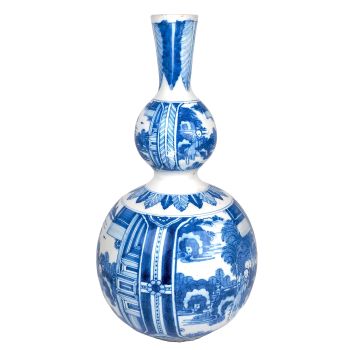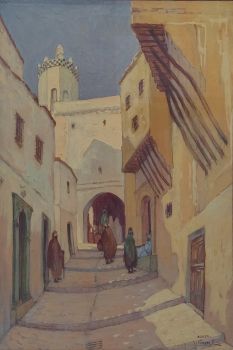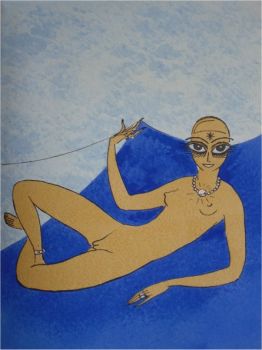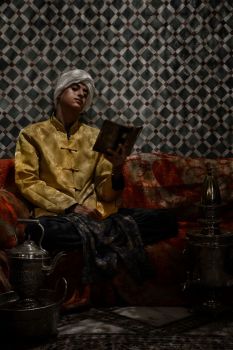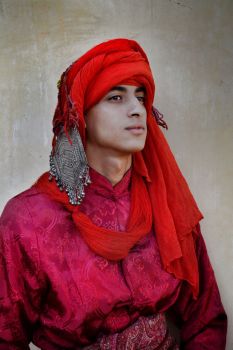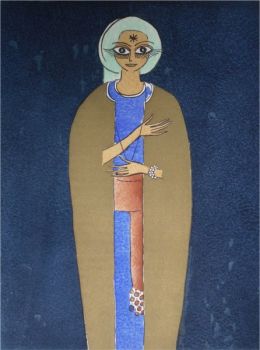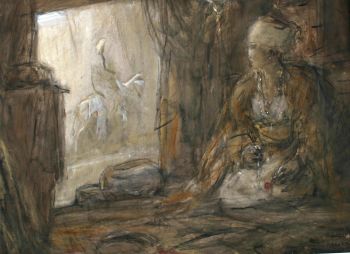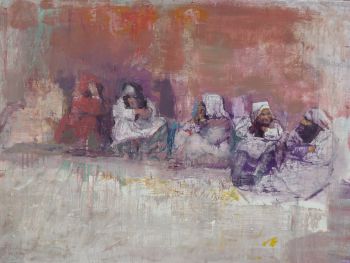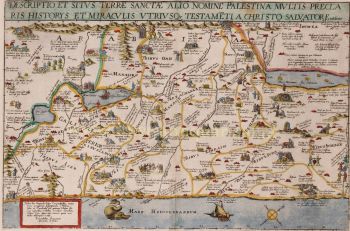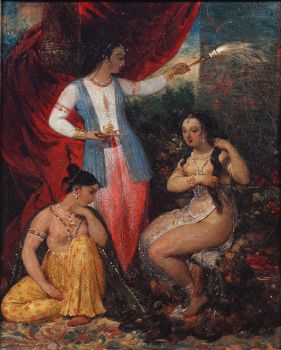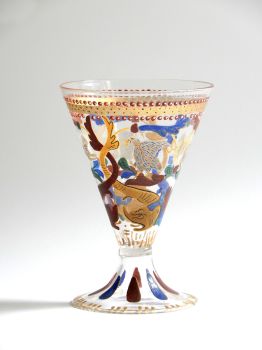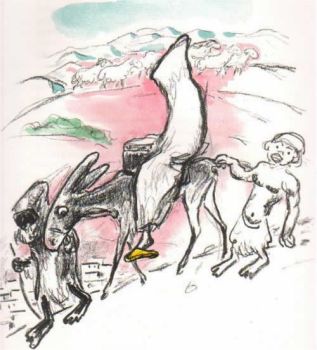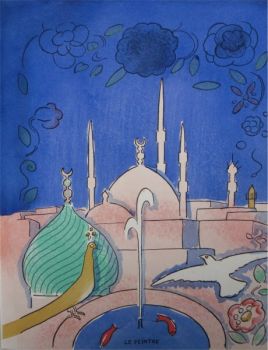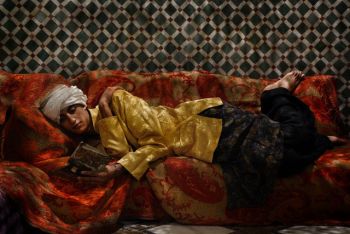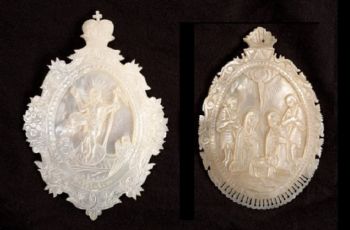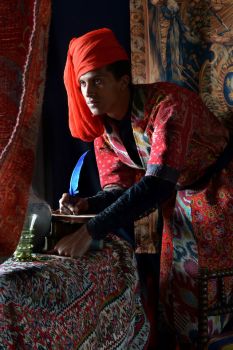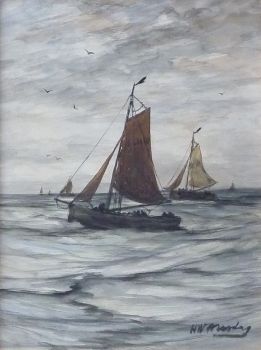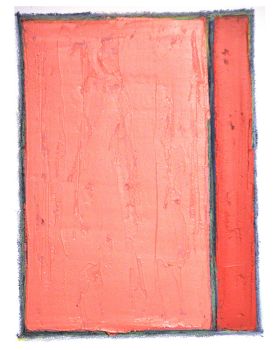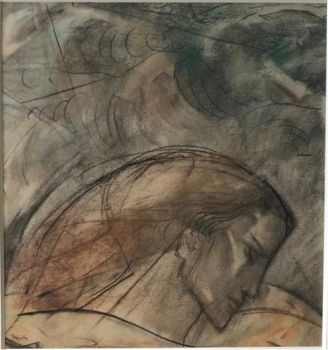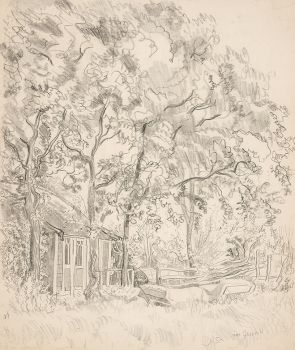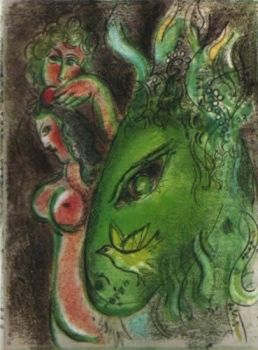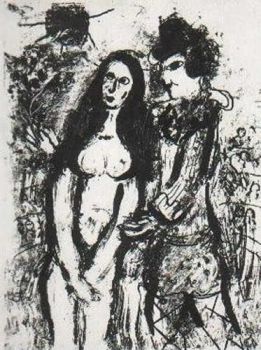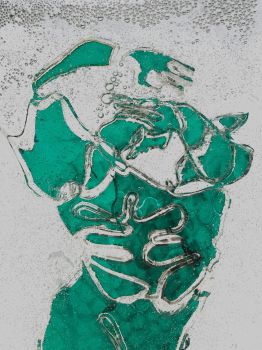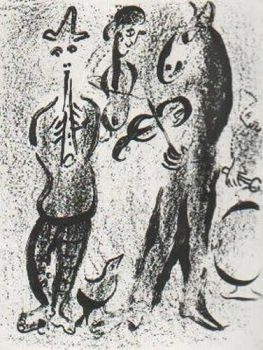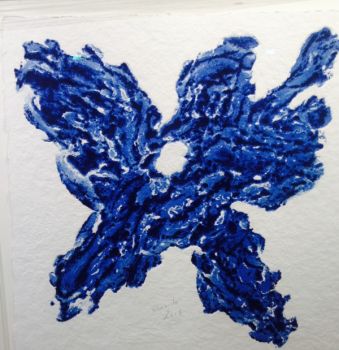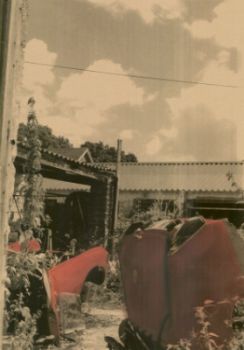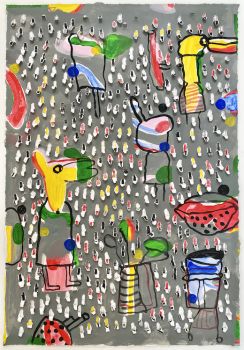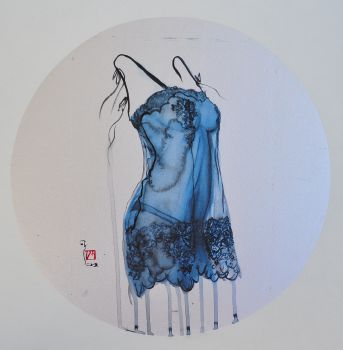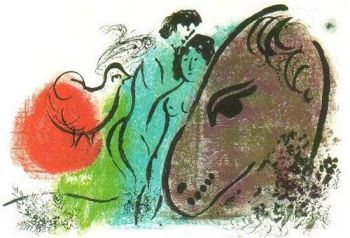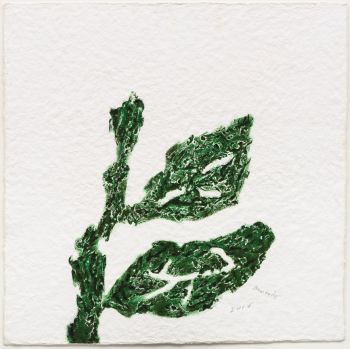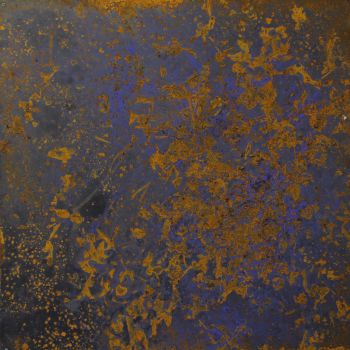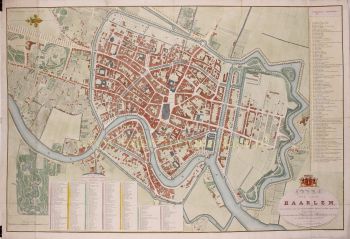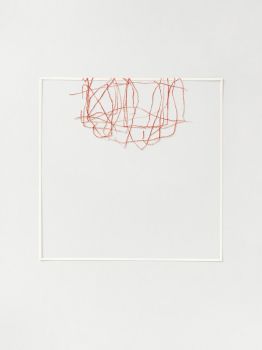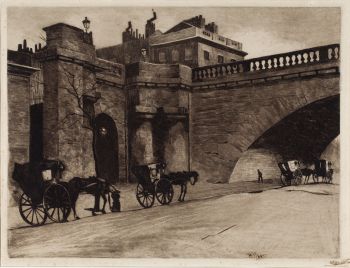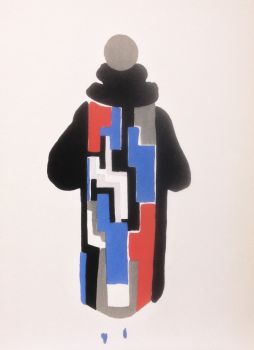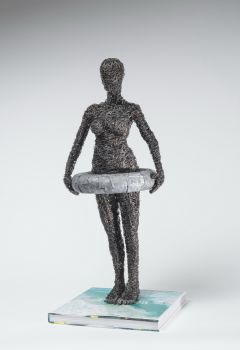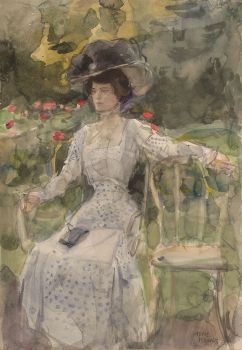Pococke's celebrated edition of Abu'l-Faraj's Islamic history "It is his greatest work, and of perma 1806
Edward Pococke
EncrerPapier
Actuellement indisponible via Gallerease
- Sur l'oeuvre d'artSpecimen historiae arabum; ... Accessit historia veterum Arabum ex Abu'l Feda: cura Antonii I. Sylvestre De Sacy. Edidit Josephus White, ...
Oxford, Clarendon Press [= Oxford University Press], 1806.
4to. Title-page with engraved view of the Clarendon Building, aquatint author's portrait and 1 full-page etched plate. Contemporary boards.
Second edition of Pococke's elaborate Specimen historiae Arabum, an excerpt from Abu'l-Faraj's Islamic history, in Arabic and Latin. The excerpt is "accompanied by a lengthy commentary (printed first in 1648) illuminating Islamic history, geography, mythology, religion, and literature from a wealth of sources, mostly unpublished and previously unknown in Europe. It represents a revolution in Arabic studies, being Pococke's attempt to show that far from being a mere ancillary to biblical exegesis, Arabic literature (in the widest sense) was worthy of study in its own right in the same way that classical cultures were. It is his greatest work, and of permanent scholarly value" (Toomer). Abu'l-Faraj's account is followed by unpublished fragments, in Arabic, of Abu'l-Fida's account of pre-Islamic Arabia, edited by Sylvestre de Sacy.
From the library of the Ducs de Luynes, with their bookplate on pastedown. Foxed, leaf Y4 with tear, otherwise in very good condition and wholly untrimmed.
Schnurrer 169; for Pococke: Toomer, "Pococke, Edward (1604-1691)", in: ODNB (online ed). - Sur l'artisteEdward Pocock, l'orientaliste, est né en 1604 à Oxford, dans une maison près de l'Angel Inn, dans la paroisse de St. Peter-in-the-East, et y est baptisé le 8 novembre 1604. Son père, Edward Pocock Senior, immatriculé (comme «pleb. fil.» du Hampshire) au Magdalen College en 1585, fut demy de 1585 à 1591, fut boursier de 1591 à 1604, passa BA 1588, MA 1592 puis BD 1602. Un an plus tard, il fut nommé vicaire de Chieveley dans le Berkshire où la famille avait vécu pendant au moins cent ans. Avec sa femme, Grace, la sœur d'Henry Greatham, Edward Senior a élevé six fils et deux filles. Deux autres filles sont mortes très jeunes. Bien qu'il pensait que l'islam était une fausse foi, il voulait également discréditer la polémique grossière, les fabrications et les traditions populaires qui déformaient l'islam et Mahomet. Il a contribué à la création de pionniers dans l'utilisation de sources primaires ainsi que dans le travail de terrain dans des contextes musulmans. Sa défense de la philosophie musulmane en tant que sujet d'étude méritant l'a empêché de réduire l'islam à des aspects légalistes, même s'il se désintéressait de l'islam en tant que foi vivante. Il avait tendance à aborder l'islam comme il le faisait avec les textes anciens, comme ayant un intérêt historique plutôt que contemporain. Il avait relativement peu d'étudiants et comme il écrivait en latin, son approche n'a pas eu d'impact sur le grand public. Cependant, il a établi des normes pour l'étude académique de l'islam qui ont beaucoup contribué à corriger les erreurs du passé, à rendre inacceptables la calomnie et l'invention. Il a apporté une contribution significative à la connaissance de l'histoire de l'islam en Occident. Pococke doit être compté parmi les pères fondateurs des études arabes et islamiques de l'académie occidentale, avec les hommes qui ont occupé les premiers chaires fondées à Cambridge (1633), Paris (1535) et Leiden (1613).
Artwork details
Catégorie
Sujet
Matériel & technique
Related artworks
Engelbert Kaempfer
LIVRE ENGELBERT KAEMPFER1651 - 1716
Prix sur demandeZebregs & Röell - Fine Art - Antiques
Tilmanus Nicolaus Maastricht
Missale Romanum avec montures en argent hollandais1788 - 1792
Prix sur demandeJacob J. Roosjen SRI
Antonie Derkinderen
Memory book Exhibition of Dutch Painting1892
Prix sur demandeKunsthandel Pygmalion
LAWRENCE WEINER
"SKIMMING THE WATER [MENAGE A QUATRE]" Signed book plus small artwork2010 - 2014
Prix sur demandeGallerease Selected
Yoko Ono
YOKO ONO: "ARISING" SIGNED BOOK PLUS SMALL ARTWORK 2010 - 2014
Prix sur demandeGallerease Selected
Tilmanus Nicolaus Maastricht
Missale Romanum avec montures en argent hollandais1788 - 1792
Prix sur demandeJacob J. Roosjen SRI
1 - 4 / 22- 1 - 4 / 24
Willem Witsen
Waiting carriages in front of Waterloo Bridge1850 - 1900
Prix sur demandeKunsthandel Pygmalion
1 - 4 / 24

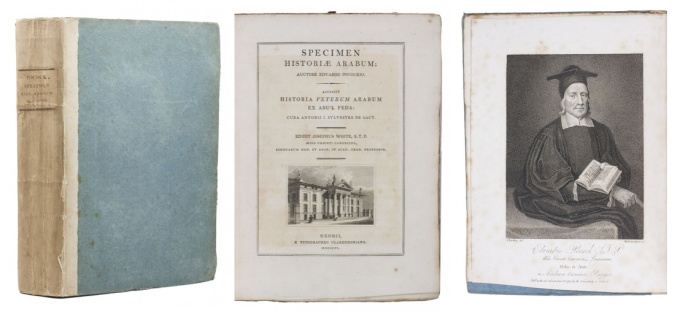





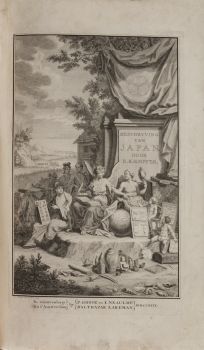
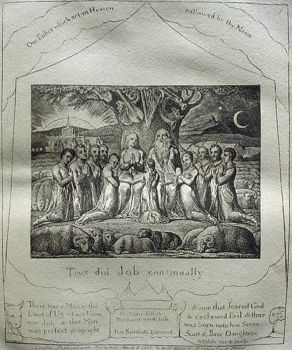
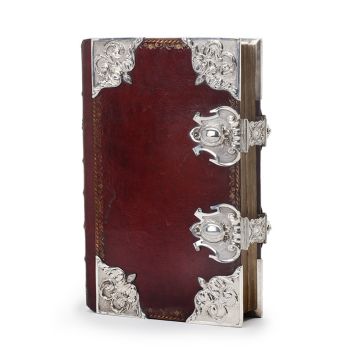
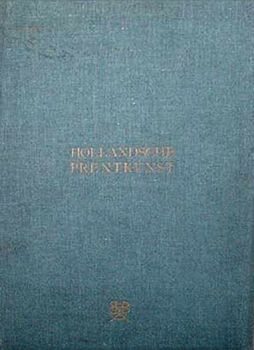
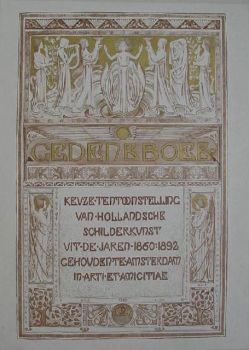
!["SKIMMING THE WATER [MENAGE A QUATRE]" Signed book plus small artwork by LAWRENCE WEINER](https://media-2.gallerease.com/images/442bfd5f-fc31-4e18-a2fa-ee0c08eade64/350x350/skimming-the-water-menage-a-quatre-signed-book-plus-small-artwork.jpg)
